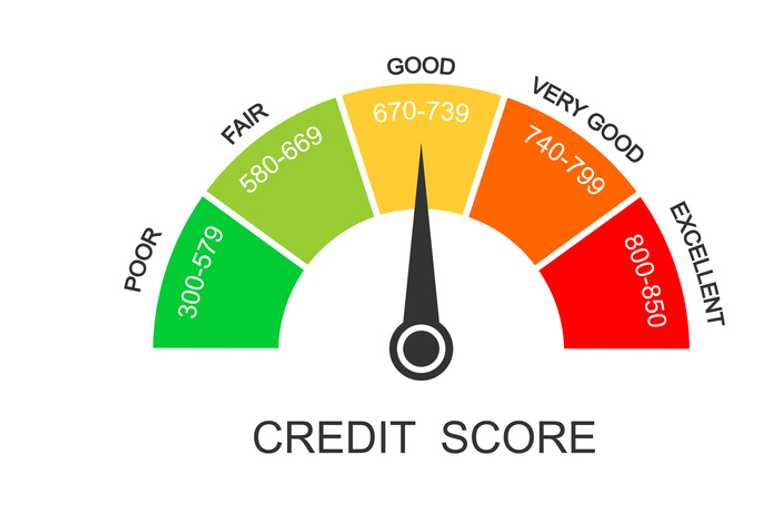Debt is a common aspect of modern life, but managing it wisely is crucial for achieving financial well-being. In this article, we’ll explore effective strategies for debt management, empowering individuals to take control of their finances, reduce debt burdens, and pave the way towards financial freedom.
Section 1: Understanding Your Debt
1.1 Types of Debt
Define various types of debt, including good debt (e.g., mortgages, student loans) and bad debt (e.g., high-interest credit card debt). Understanding the nature of your debts is essential for formulating a targeted repayment plan.
1.2 Assessing Your Debt Load
Conduct a comprehensive assessment of your debts, including balances, interest rates, and minimum monthly payments. This provides a clear picture of your financial obligations.
Section 2: Creating a Budget and Cutting Expenses
2.1 Establishing a Budget
Develop a realistic budget that allocates funds for essential expenses, debt repayment, and savings. A well-crafted budget is the foundation of effective debt management.
2.2 Cutting Unnecessary Expenses
Identify and eliminate non-essential expenses to create additional funds for debt repayment. Small sacrifices in discretionary spending can have a significant impact on your debt reduction efforts.
Section 3: Prioritizing and Strategizing Debt Repayment
3.1 Snowball Method
Introduce the snowball method, focusing on paying off the smallest debt first while making minimum payments on larger debts. As each debt is cleared, the momentum builds toward tackling larger debts.
3.2 Avalanche Method
Explore the avalanche method, which prioritizes debts with the highest interest rates. This approach minimizes the overall interest paid and accelerates the debt payoff process.
Section 4: Negotiating with Creditors
4.1 Open Communication
Encourage open communication with creditors if you’re facing financial challenges. Many creditors are willing to negotiate repayment plans, temporary reductions, or other arrangements.
4.2 Debt Consolidation
Consider debt consolidation as a strategy to streamline multiple debts into a single, more manageable payment. This can simplify your financial obligations and potentially reduce interest rates.
Section 5: Building Healthy Financial Habits
5.1 Emergency Fund
Establish an emergency fund to cover unexpected expenses without resorting to additional debt. Having a financial safety net prevents further reliance on credit.
5.2 Avoiding New Debt
Commit to avoiding new debt while working on existing repayment plans. Focus on changing spending habits to align with your financial goals.
Conclusion:
Mastering debt management is an essential step towards achieving financial freedom. By understanding your debt, creating a budget, strategically repaying debts, negotiating with creditors, and building healthy financial habits, you can regain control of your finances. Remember, the journey to financial freedom begins with informed decisions and disciplined financial practices. Take charge of your financial destiny, implement these strategies, and embark on the path towards a debt-free and financially secure future.





